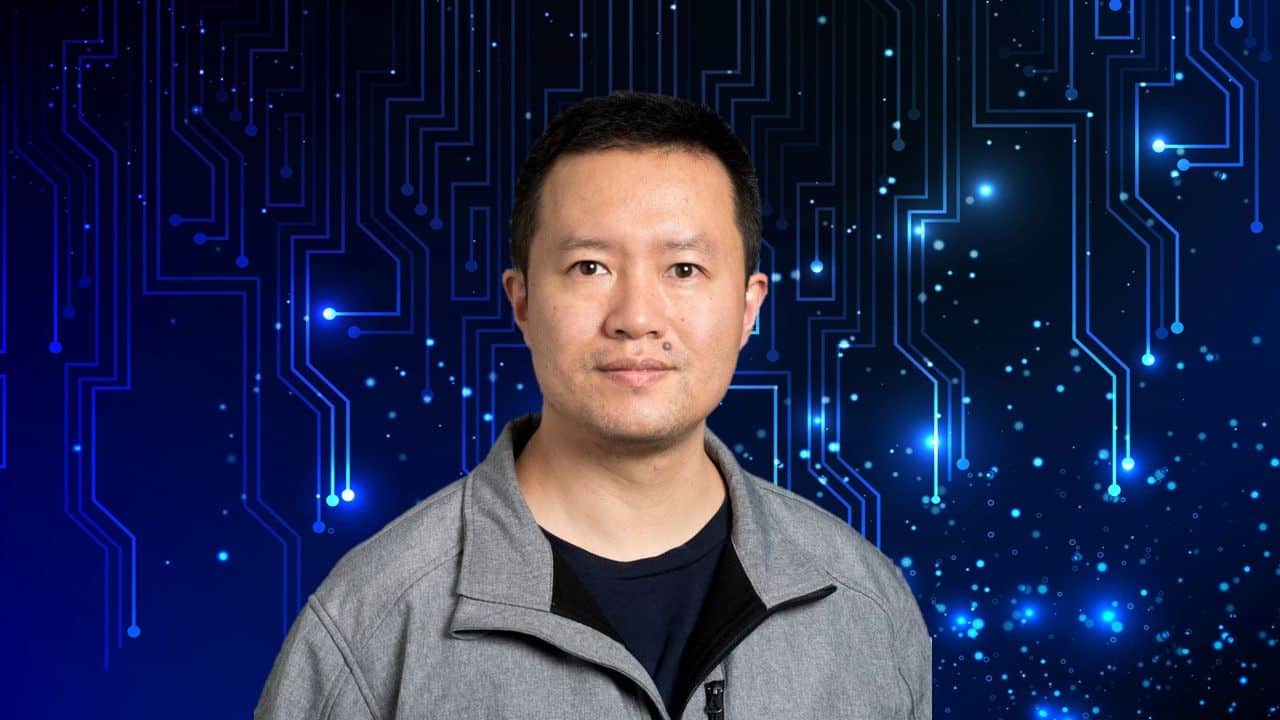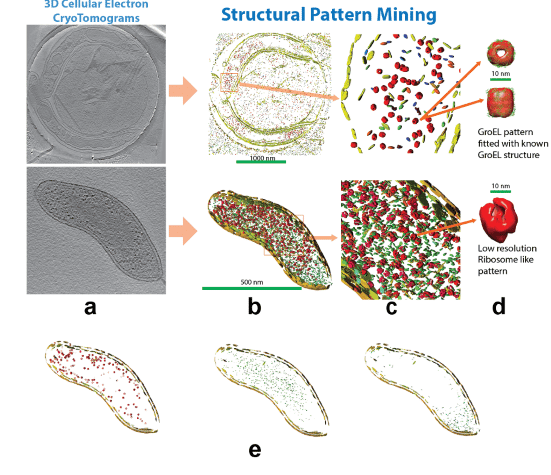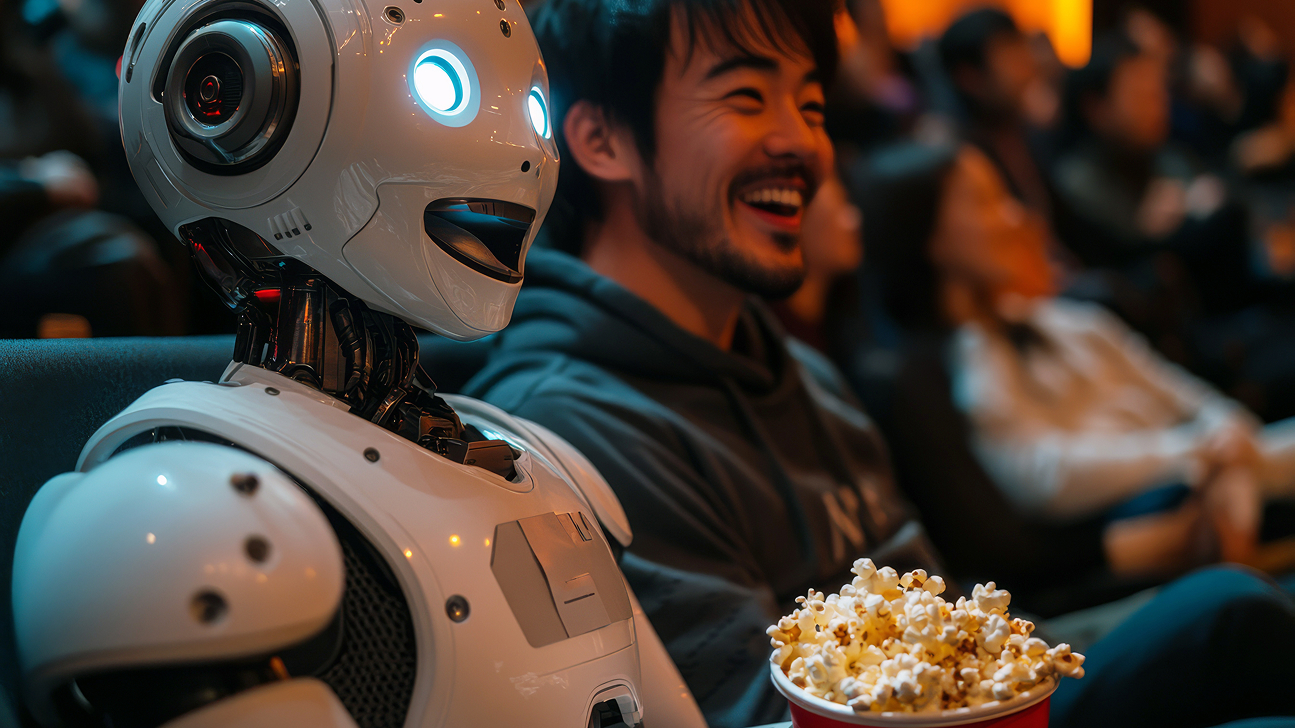Xu pursues AI-based biomedical image analysis
Tuesday, February 22, 2022

Alongside his students, Dr. Min Xu hopes to use artificial intelligence to revolutionize the biomedical image analysis field. It’s what attracted him to take up a position as Affiliated Assistant Professor in Computer Vision at MBZUAI. [wps_pull-out-quotes-left content=”Research is fun and exciting, and I enjoy working with highly talented and motivated students.” surname=”Min Xu” source=”MBZUAI Affiliated Assistant Professor in Computer Vision”][/wps_pull-out-quotes-left]”The university provides very strong academic support in AI research,” Xu said. “I’m very excited to continue my research here and I hope to assist in developing cutting-edge biomedical image analysis methods.”
Xu currently works on a range of research projects in cellular cryo-electron tomography (Cryo-ET) 3D image analysis, spatial transcriptomics, digital pathology, and automated science.”
“Research is fun and exciting, and I enjoy working with highly talented and motivated students,” Xu said.
Computational biology and bioinformatics
Xu has established himself in the area of computational biology and bioinformatics. While his early work focused on developing machine learning methods for the analysis of functional genomics data, he later moved into the development of computer vision methods for the analysis of Cryo-ET 3D image data.
 He has designed novel structural pattern mining methods and has been the first to demonstrate the feasibility of De Novo extraction of structures and spatial organizations of macromolecular complexes in single cells using Cryo-ET images. Xu’s research, in particular, focuses on information extraction and modeling of the structures and spatial organizations of macromolecules and their interactions.
He has designed novel structural pattern mining methods and has been the first to demonstrate the feasibility of De Novo extraction of structures and spatial organizations of macromolecular complexes in single cells using Cryo-ET images. Xu’s research, in particular, focuses on information extraction and modeling of the structures and spatial organizations of macromolecules and their interactions.
This emerging research field aims to address fundamental biological questions using a wide range of state-of-the-art computational and mathematical techniques. Xu will work closely alongside fellow MBZUAI biomedical faculty Dr. Mohamed Yaqub and Dr. Huan Xiong and as a research advisor to several master’s students.
Career and education
Xu has published more than 70 research papers in prestigious peer-reviewed conferences and journals, such as CVPR, ICCV, ISMB, MICCAI, PNAS, Bioinformatics, PLOS Computational Biology, Structure, and JSB.
He is also an Assistant Professor at the Computational Biology Department within the School of Computer Science at Carnegie Mellon University (CMU) and an investigator at the National Center for Multiscale Modeling of Biological Systems in the United States.
He received a B.E. in Computer Science from the Beihang University, an M.Sc from the School of Computing at the National University of Singapore, and M.A. in applied mathematics from the University of Southern California (USC), and a Ph.D. in computational biology and bioinformatics from USC. Xu also worked as a postdoctoral researcher at USC.
- healthcare ,
- computer vision ,
- biomedical ,
- xu ,
Related
MBZUAI and Minerva Humanoids announce strategic research partnership to advance humanoid robotics for applications in the energy sector
The partnership will facilitate the development of next-generation humanoid robotics tailored for safety-critical industrial operations.
Read MoreAI and the silver screen: how cinema has imagined intelligent machines
Movies have given audiences countless visions of how artificial intelligence might affect our lives. Here are some.....
- AI ,
- cinema ,
- art ,
- fiction ,
- science fiction ,
- artificial intelligence ,
Special delivery: a new, realistic measure of vehicle routing algorithms
A new benchmark by researchers at MBZUAI simulates the unpredictable nature of delivery in cities, helping logistics.....
- delivery ,
- logistics ,
- machine learning ,
- research ,
- computer vision ,
- conference ,
- neurips ,
- benchmark ,


